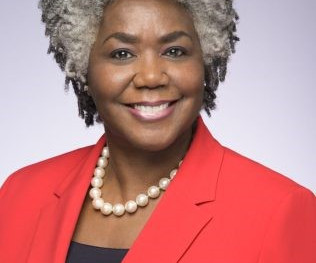An Inclusive Approach to Increasing Access to Student Mental Health Services
Diverse: Issues in Higher Education
DECEMBER 9, 2024
An Inclusive Approach As educators passionate about and dedicated to the success of our students, we have an obligation to step in and play a role in alleviating this issue. A primary component of this approach involves integrating mental health support with other basic student wellness services.


























Let's personalize your content